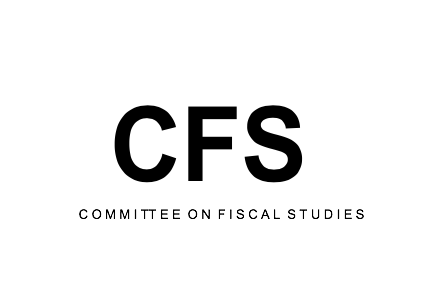The Impact of Foreign Debt on Economic and Social Rights: A Case Study on the Right to Health in Kenya, Nigeria and Zambia
Abstract
While economic and social rights (ESR) are recognized in national and international law, their enjoyment in some African countries is constrained. This results out of corruption and mismanagement of available funds and is further impacted upon by foreign debt, which plays a substantial role in limiting access to resources needed to fund government services. The link between government services and human rights is evident particularly with respect to ESR. For example, the right to health can progressively be achieved if a government invests adequately in the healthcare sector by ensuring availability of adequate healthcare workers to cater for patients. Countries that take on significant foreign debt direct a large part of government resources towards its servicing which then reduces spending on essential public goods and services. This paper studies Kenya, Nigeria and Zambia to understand whether there is a connection between the amount of funds allocated to ESR, specifically the right to health, and the amounts spent servicing foreign debt. External debt has conditions attached which further erode progress towards implementing ESR. The primary remedies to address growing foreign debt discussed in this paper include restructuring the debt and ensuring the proper management of available resources. If the adverse impact of foreign debt is not recognized, the realisation of ESR will continue to be constrained in Africa.



